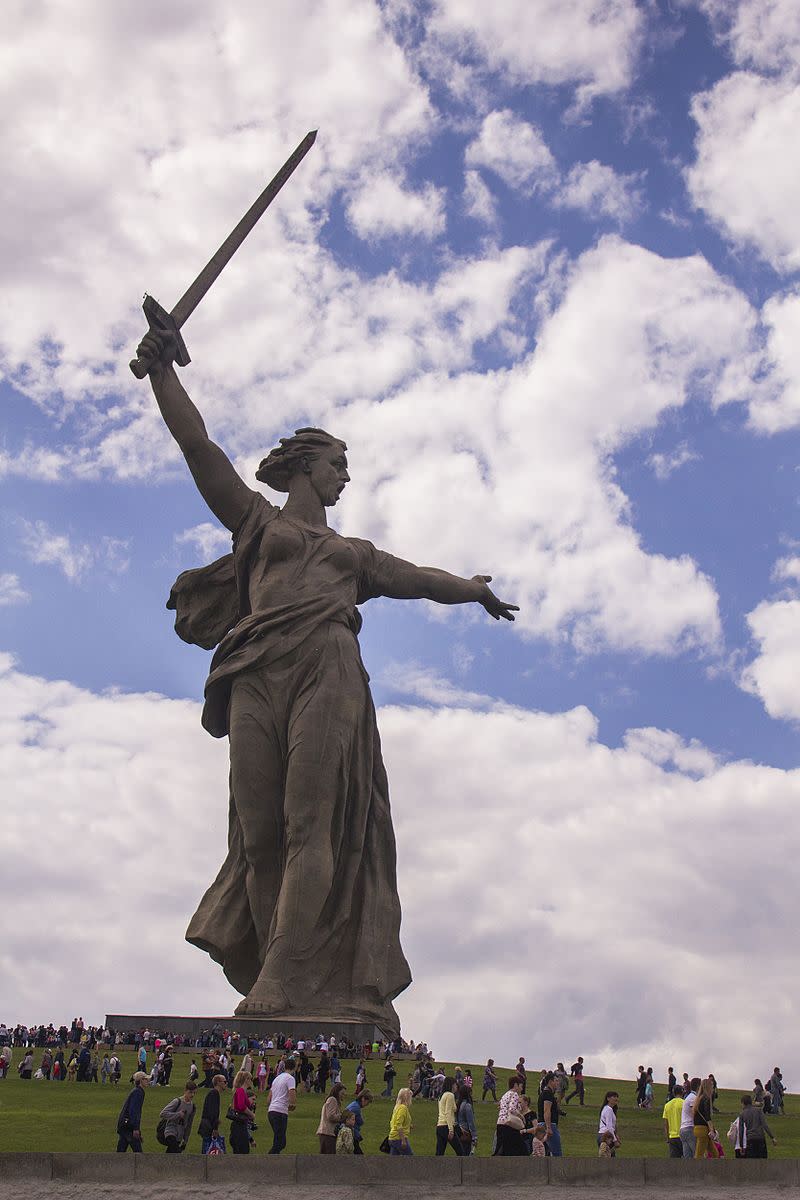


The second main plot involves the Battle of Stalingrad. We also get a glimpse of a Russian labour camp, no doubt with a comparison being made between the two types of camp. We will see, of course, see the camp turned into an extermination camp, with gas ovens built to kill the Jews. The camp was essentially run by the criminals, not by the German officials, who generally kept away from the prisoners. The prisoners had been divided into three categories – politicals, saboteurs and common criminals. However, there are, apparently, fifty-six different nationalities, from a US colonel who resolutely sticks to English to an Italian priest, from a Chinese student of physics to a Spanish soldier.

There are the old Bolsheviks, particularly Mostovskoy, who remains rigorously faithful to the Bolshevik creed. We start with a collection of characters in a German concentration camp. There are several plots which Grossman tells us a few pages at a time. Though perhaps it is not as great as War and Peace, with which it has been compared, Grossman tells a first-class story of a varied cast of characters in the Soviet Union around the time of the Battle of Stalingrad. The book has been hailed as Grossman’s magnum opus and one of the foremost novels to come out of Russia and rightly so. Fortunately, Vladimir Voinovich was able to smuggle a microfilm of the book out of the Soviet union and it was published in Switzerland in 1980. He was never to see his book again and he died in 1964 of stomach cancer, not knowing whether his book would ever be published. After submitting the manuscript, his flat was raided and the KGB confiscated manuscripts, notes and even typewriter ribbons and carbons.

This book was far less pro-Soviet, raised the issue of anti-Semitism and the Holocaust in a far more striking way and was not afraid to have Soviet characters who were seriously flawed. Though Stalin had died, Grossman had become more aware of his Jewishness, something he had previously been quite unenthusiastic about. In 1959, he completed Жизнь и судьба (Life and Fate) and submitted it for publication. It was not translated into English till 2019. This novel, based on Grossman’s experiences as a war reporter in Stalingrad, had considerable success in the Soviet Union, not least because it more or less toed the party line. In 1954, Grossmann published a novel based on his war experiences, called За правое дело. Home » Russia » Vasily Grossman » Жизнь и судьба (Life and Fate) Vasily Grossman: Жизнь и судьба (Life and Fate)


 0 kommentar(er)
0 kommentar(er)
